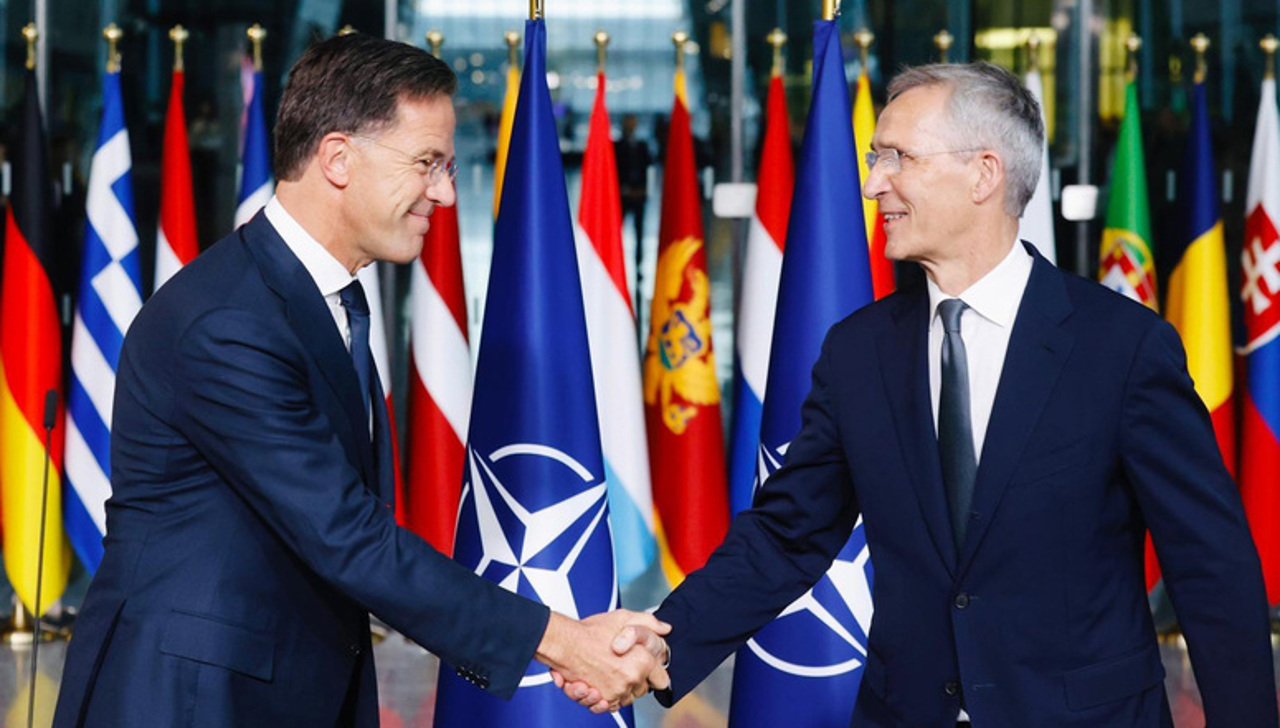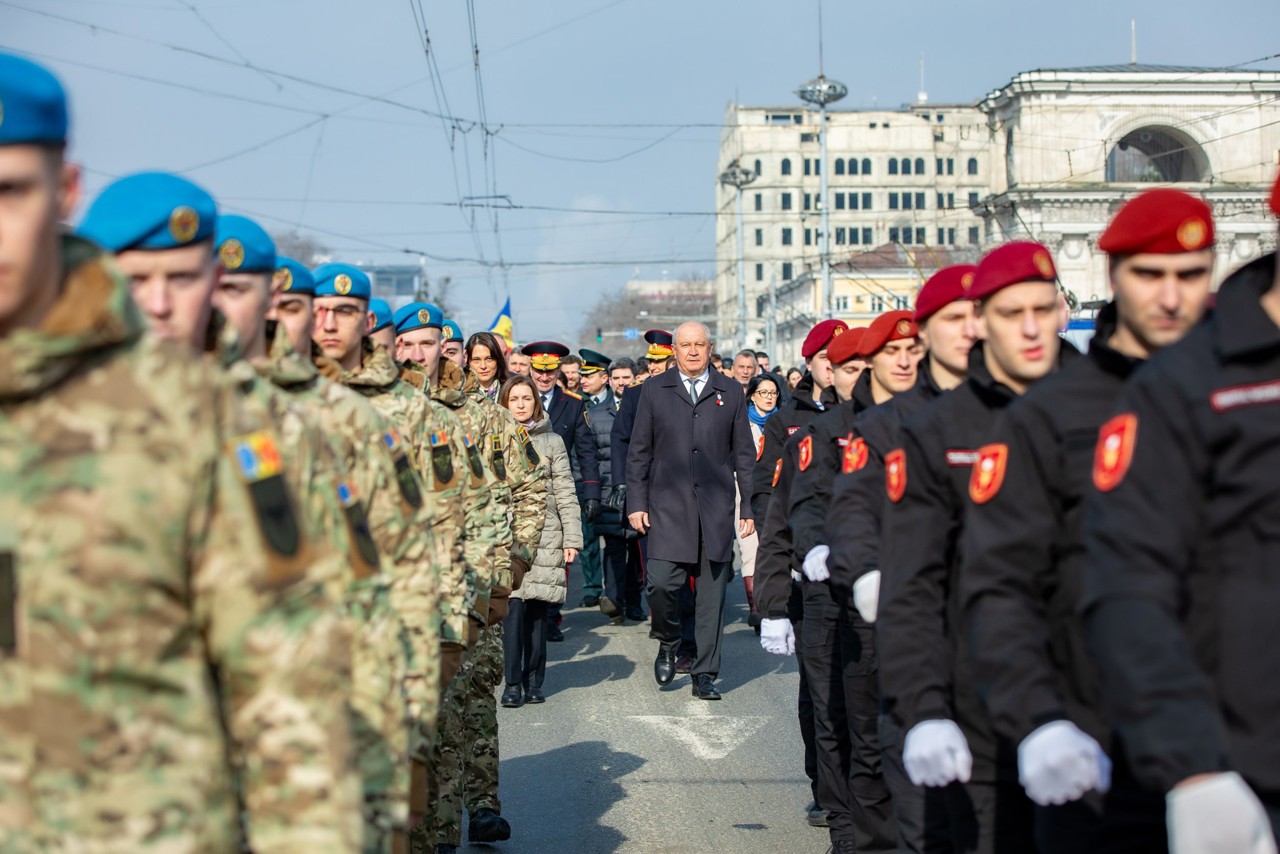Correspondence // NATO: End of the Stoltenberg decade, the beginning of the Rutte era
On Tuesday, October 1, 2024, the Dutch Mark Rutte took over the position of Secretary General of NATO, from Brussels, succeeding the Norwegian Jens Stoltenberg, whose mandate ended after exactly a decade. Ever since the founding of the Alliance three-quarters of a century ago, it has been decided once and for all that, the political leader of the Alliance, the Secretary-General, will always be a European civilian, while the military chief will be American.
The United States will now have to get used to the idea that the new civilian head of NATO is a staunch pro-European, former prime minister of a founding country of the European Union: Mark Rutte.
Of the 14 civilian leaders of NATO since the founding of the Alliance three-quarters of a century ago and until now, four, including Mark Rutte, have come from the Netherlands. The ways of choosing a NATO chief have always been extremely complex. Before, the election of the Secretary General of the Alliance also coincided with the dizzying negotiations for high positions in the EU (Commission, Council, etc.). The Secretary General of NATO must be a European civilian (while the Supreme Commander of NATO forces in Europe must be an American general, with the military headquarters in Mons (also, Belgium).
Even though the North Atlantic Treaty Organization is completely distinct from the European Union, it was tacitly accepted, until 2014, that the country that places a NATO Secretary General must have fewer claims to a high post in the EU.
To avoid that, in the big negotiations of 2014, everyone tacitly accepted a non-European, the Norwegian Jens Stoltenberg (Norway is not a member of the EU), so that that post would not be part of the European deal package. Likewise, Stoltenberg was subsequently extended until this year, again to avoid his post becoming a token in European deal.
Now, however, with Mark Rutte, the leadership of the Alliance falls to a convinced pro-European who has nothing against the creation of an army of the European Union, which until now was taboo, the initiative being seen as an attempt to duplicate the structures military and spending unnecessarily.
The priorities of NATO's new civilian head
Like Stoltenberg, who served a decade at the helm of the military alliance, Rutte is known for his knack for reaching difficult political compromises. At first, Rutte is expected to travel extensively to key NATO capitals.
There is still a long time until then, but he will also have to start preparations for the NATO summit on June 24-26, 2025, in his hometown of The Hague. To strengthen its position within the military organization, the summit must be a success. At the top of his agenda are three topics he is expected to address: NATO's collective defense, support for Ukraine and a new strategy toward Russia.
None of these topics are new; in fact, his predecessor Stoltenberg spent much of his time facing the same challenges. But Rutte enjoys close relations with Ukrainian President Volodymyr Zelenskiy and, as Dutch prime minister, helped send F-16 fighter jets to Ukraine and secured stronger EU economic sanctions against Moscow.
Author: Dan Alexe






